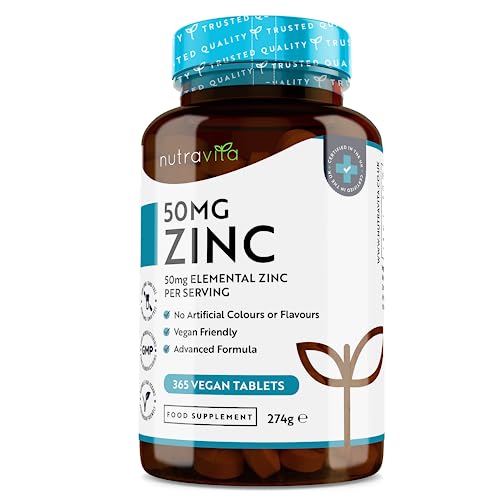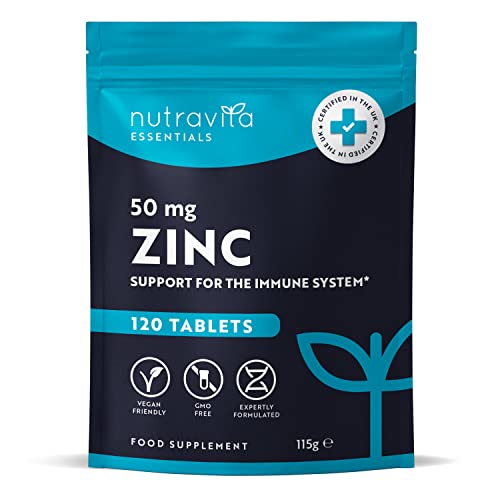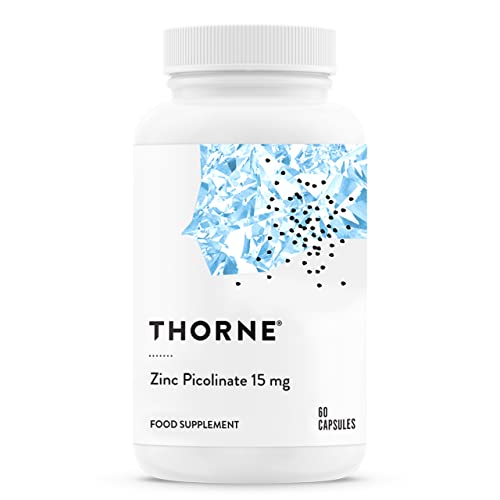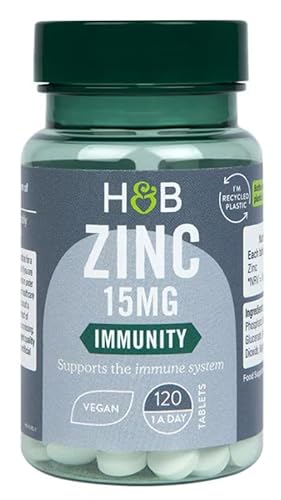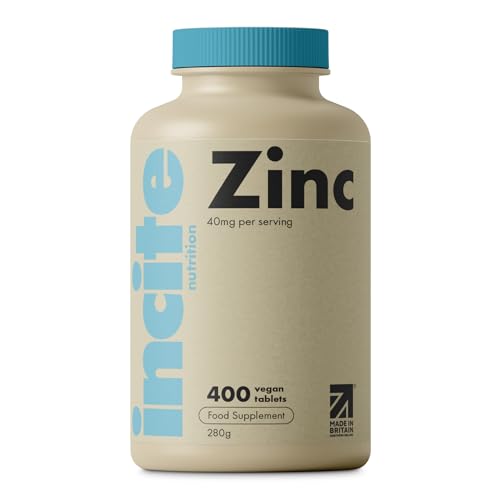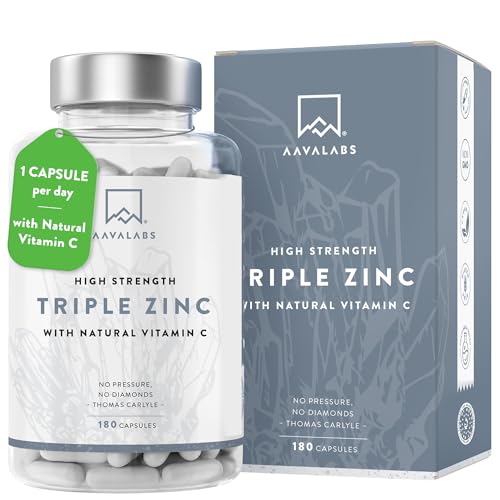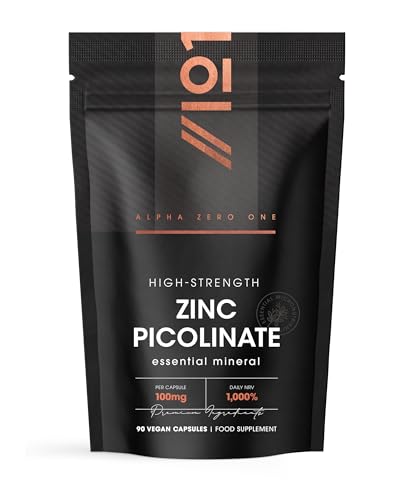Understanding Zinc: What It Is and Why It Matters
The Role of Zinc in Our Body
Zinc is an essential mineral that plays a crucial role in numerous bodily functions. It is fundamental for our immune system, aiding in the body’s defence against illnesses and infections. Additionally, zinc contributes to cellular growth and repair, making it particularly important for wound healing and maintaining skin health. We also rely on zinc for taste and smell, as it is involved in the proper functioning of our sensory receptors. Without sufficient zinc, our bodies may struggle with various issues, demonstrating just how important this mineral is.
Why Zinc Deficiency Is Common
Zinc deficiency can be surprisingly common, particularly in certain populations. For instance, vegetarians and vegans may not get enough zinc because plant-based sources are less readily absorbed by the body than animal sources. Additionally, individuals with gastrointestinal disorders or those who consume high levels of processed foods might find it challenging to meet their zinc requirements. Recognising the importance of zinc in our diets is the first step toward understanding its role in our overall health.
Types of Zinc Supplements: Finding the Right One for You
Different Forms of Zinc
Zinc supplements come in various forms, including zinc gluconate, zinc citrate, and zinc monomethionine, among others. Each has its own absorption rates and potential benefits. For example, zinc gluconate is often chosen for its high bioavailability, meaning the body can use it effectively. If you’re looking for a gentle option for the stomach, zinc citrate might be the best choice. Understanding these differences can help us select the form that aligns with our personal health needs.
Considerations for Choosing a Supplement
When selecting a zinc supplement, we should consider factors such as our current health status and any dietary restrictions. If we’re already consuming fortified foods or taking multivitamins, we must keep track of our total zinc intake to avoid excessive consumption. Identifying the correct form of zinc and dosage that’s suitable for us is vital and can make a significant difference in the benefits we receive.
How Much Zinc Do We Really Need? Daily Recommendations Explained
Understanding Recommended Intakes
The daily recommended intake of zinc varies based on age, gender, and life stage. Generally, adult men are advised to consume about 11 mg per day, while women should aim for around 8 mg. Pregnant and breastfeeding women have increased requirements, highlighting the importance of adjusting our intake during these crucial times. Keeping these recommendations in mind helps ensure we’re supporting our health with adequate zinc levels.
Assessing Our Personal Needs
We must also consider our unique circumstances when it comes to zinc intake. Those who are active, under stress, or recovering from an illness might need a little extra zinc to support recovery and immune function. By analysing our lifestyle and health, we can tailor our zinc consumption to best suit our needs.
Choosing Quality Zinc Products: What to Look For
Recognising Effective Labels
When we shop for zinc supplements, it’s essential to pay attention to the label. Look for products that specify the type of zinc, as well as the dosage per serving. Quality brands will often provide detailed information about their sourcing and manufacturing processes. We should aim to choose products that use high-quality, bioavailable forms of zinc, ensuring we’re getting what we pay for.
Understanding Additives and Fillers
It’s equally important to check for any unnecessary additives or fillers in the supplements. Ideally, we want a product that contains minimal ingredients to reduce the risk of adverse reactions or allergies. A cleaner formulation often indicates a higher quality product, giving us confidence in what we’re putting into our bodies.
Usage Tips: Maximise the Benefits of Zinc in Your Routine
Incorporating Zinc Effectively Into Our Diet
One of the best ways to benefit from zinc is to incorporate it into our daily diet alongside other nutrients. Pairing zinc-rich foods like meat, seafood, nuts, and legumes with vitamin C sources can enhance absorption. If we’re using a supplement, taking it with a meal may help reduce any potential stomach discomfort and promote better utilisation.
Monitoring Our Zinc Levels and Adjusting as Necessary
Keeping track of how we feel after incorporating zinc into our regimen is essential. If we notice improvements in areas like skin health, immune support, or overall vitality, we may be on the right track. However, if we experience any adverse effects, we should consider adjusting our dosage or consulting a healthcare professional for personalised advice.
